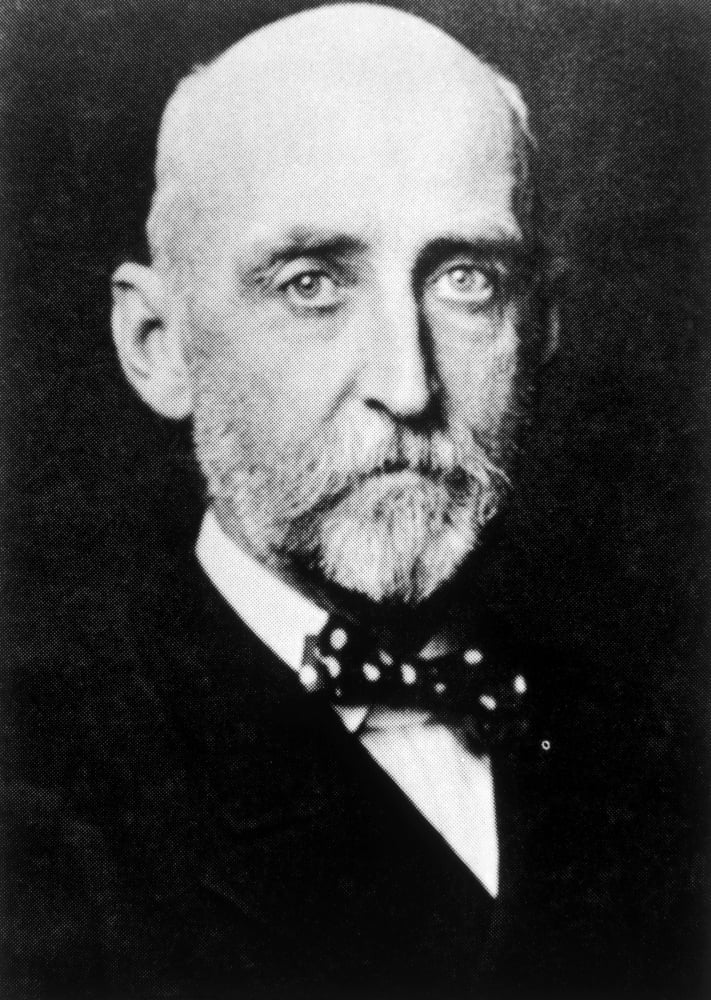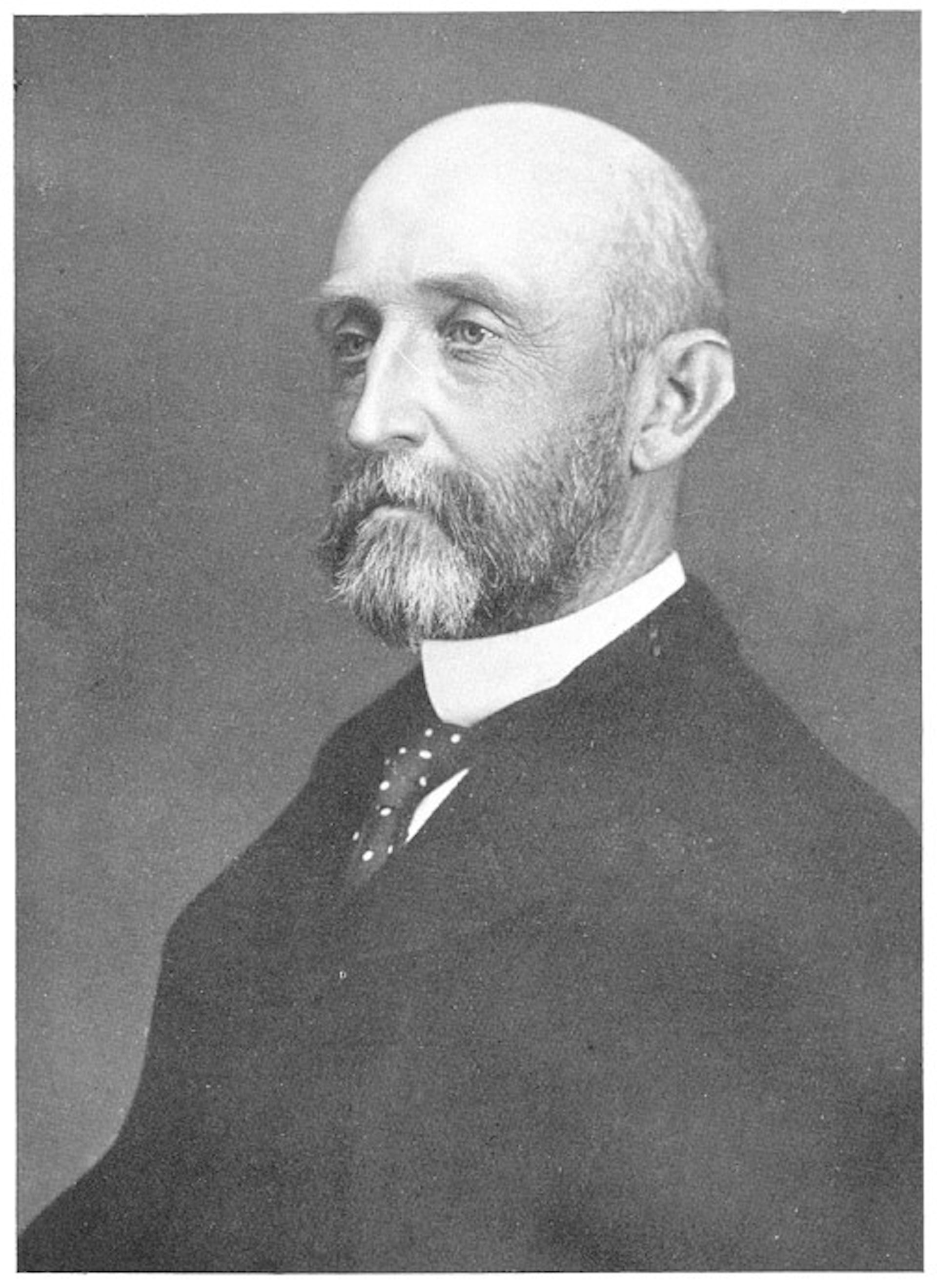


At the same time, as America grew, so did its interactions with the rest of the world.
#Alfred thayer mahan argued that professional
Right up until World War II we also remained suspicious that a large, permanent and professional military might serve primarily as the enforcing arm of such a government. This has been especially true for Americans: As a people, we have long been suspicious of big government, particularly the federal government, even when we’ve accepted it.
#Alfred thayer mahan argued that free
Its very nature-an absolute command structure, in which decisions are not put to a vote but ordered the settling of all issues ultimately by force of arms the limitation of individual rights each soldier must accept- cuts against the grain of a free society. Dependent upon the popular will, they breed loyalty and devotion.Īnd yet the idea of a large standing military raises the hackles of a democracy.

They encourage innovation, self-reliance and free thought, while also allowing some leeway for error and defeat. That they had become an imperialist power.In 1890 Alfred Thayer Mahan published a book that transformed naval theory-and unleashed the world’s great fleets.ĭemocracies are good at war for many of the same reasons they are good at capitalism and at the enhancement of the human spirit. The end of the 19th century, Americans were comfortable with the fact Were dealt with in 1924 when all Asian immigration was prohibited.) These voices, however, were a minority - though the debate would Workers would flood the American labor market (immigration fears, however, They also feared racial intermixing and the possibility that Asian Inhabitants of the Philippines and Puerto Rico were incapable of democracyĪnd that their backwards culture would pervert American values. Their arguments were racist because they believed that the primitive government was willing to use bayonets to enforce its willĪgainst Filipinos, would it one day be willing to the same thing withĪnti-imperialists, however, were not strictly grounded in democratic Included figures such as Cleveland, Andrew Carnegie, Markįorced acquisition of the newly acquired territories was a violation ofĪct of acquiring colonies, they claimed, threatened the very concept of In response arose an active anti-imperialist Puerto Rico, as well as annexing Hawaii and Guam in the process. When it went to war with Spain in 1898, acquiring the Philippines and Misgivings, America jumped in with both feet into the race for colonies When he learned that white planters in Hawaii had overthrown theĬould not flourish, he believed, by force. Would make a grave error if it sought to bring foreign populations underĪmerican dominance against their will. Some, such as President Grover Cleveland, believed that America Liberty was guaranteed at home if America became an imperialist power. Noted, however, that not everyone agreed with this utopian ideal that As your textbook well explains, America proceeded toĭo just this through purchase, war, occupation, or simple outright Locations in the Pacific, and establish naval bases at key points in theĪtlantic and Pacific. The United States should establish and control a canal in CentralĪmerica, he said, command the Caribbean, dominate Hawaii and other strategic To provide markets for manufactured goods and raw materials to be usedĮxtend its power beyond the national boundaries. When he argued that three elements were essential to greatness on the Instrumental role in modernizing America's deteriorating civil war navy Captain Alfred Thayer Mahan of the Naval War College played an Strong navy that could exert its influence anywhere around the world. In the late 19th century, the sign of a strong military power was a By the end of the Civil War, the United States had aīattle-hardened army that could probably have taken on any world power. Alfred Thayer Mahan and naval power America could onlyĪchieve greatness, however, if it had the military might necessary. With the race for colonies during the 19th century, America debated as toī. "preparing mankind to receive our impress." America's destiny was greatness, foreign policy activists argued, andĪmerica's greatness in the world would glorify liberty at home. Strong, a leading Protestant minister, argued in 1885 that God was Reconstruction, the old vision of greatness and liberty regained its hold on Process of acquiring markets in Asia, American missionaries and diplomats wouldĪlso bring Christianity and civilization to the heathen Chinese and Filipino. Within the context of a search for markets and racial hierarchy, justificationsįor American expansion were often couched in the kind of utopian visions that would usher in a new andīetter world through its republican ideals - beliefs that remained prominent Founders of America believed passionately that the U.S.


 0 kommentar(er)
0 kommentar(er)
